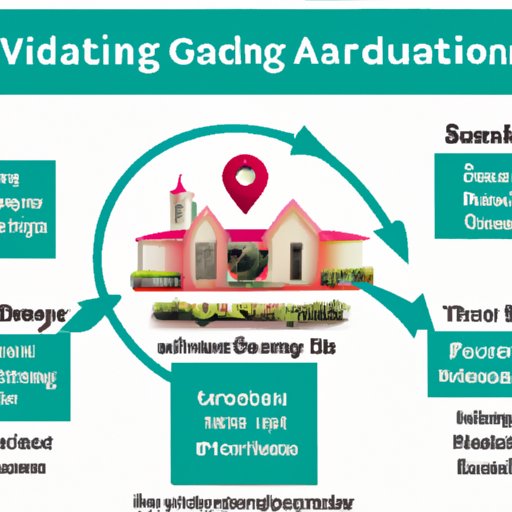Introduction
Starting a wedding venue can be an exciting and rewarding venture. However, it is important to understand the advantages and disadvantages before getting started. On one hand, owning a wedding venue can bring in a steady stream of income, as well as the satisfaction of providing a service that couples will remember for a lifetime. On the other hand, there are many legal requirements and financial considerations associated with owning a wedding venue. It is essential to do adequate research and planning before launching a business. This guide will provide an overview of the steps involved in starting a wedding venue.
Researching the Legal Requirements
The first step in starting a wedding venue is to research and understand the legal requirements. Depending on the state or country, there may be different laws and regulations that must be followed. It is important to understand the types of licenses needed, zoning regulations, and health and safety requirements. Additionally, it is important to ensure that the space is adequately insured in case of any accidents or injuries.
Creating a Business Plan
Once the legal requirements have been researched, the next step is to create a comprehensive business plan. This should include a detailed analysis of the target market, goals and objectives, financial plan, and marketing strategies. It is also important to consider the long-term sustainability of the business, as well as any potential risks associated with running a wedding venue.
Securing Financing
After the business plan is complete, the next step is to secure financing for the wedding venue. This may involve exploring funding options such as bank loans, grants, or investors. It is important to have a strong pitch deck prepared in order to make a good impression on potential investors. Additionally, it is important to understand the terms of the loan or agreement before signing any contracts.
Developing a Marketing Plan
Creating a comprehensive marketing plan is essential for the success of any business. For a wedding venue, this may involve developing an online presence, utilizing social media marketing, and identifying event planners and vendors. It is important to create a unique brand identity and stay consistent with messaging across all platforms.
Services Offered
When deciding on the services offered at the wedding venue, it is important to consider the needs of the target market. This may include catering and bar service, accommodations, and entertainment. It is also important to consider any additional services that may be necessary to meet the demands of the guests.
Choosing a Location
The last step in starting a wedding venue is to choose an appropriate location. It is important to consider local demographics, investigate the competition, and examine the available space. Additionally, it is important to research any zoning restrictions or other regulations that may impact the business.
Conclusion
Starting a wedding venue can be a rewarding and profitable venture. However, it is important to do adequate research and planning before launching a business. This guide provides an overview of the steps involved in starting a wedding venue, from researching the legal requirements to creating a business plan and securing financing. With the right preparation, anyone can start a successful wedding venue.


